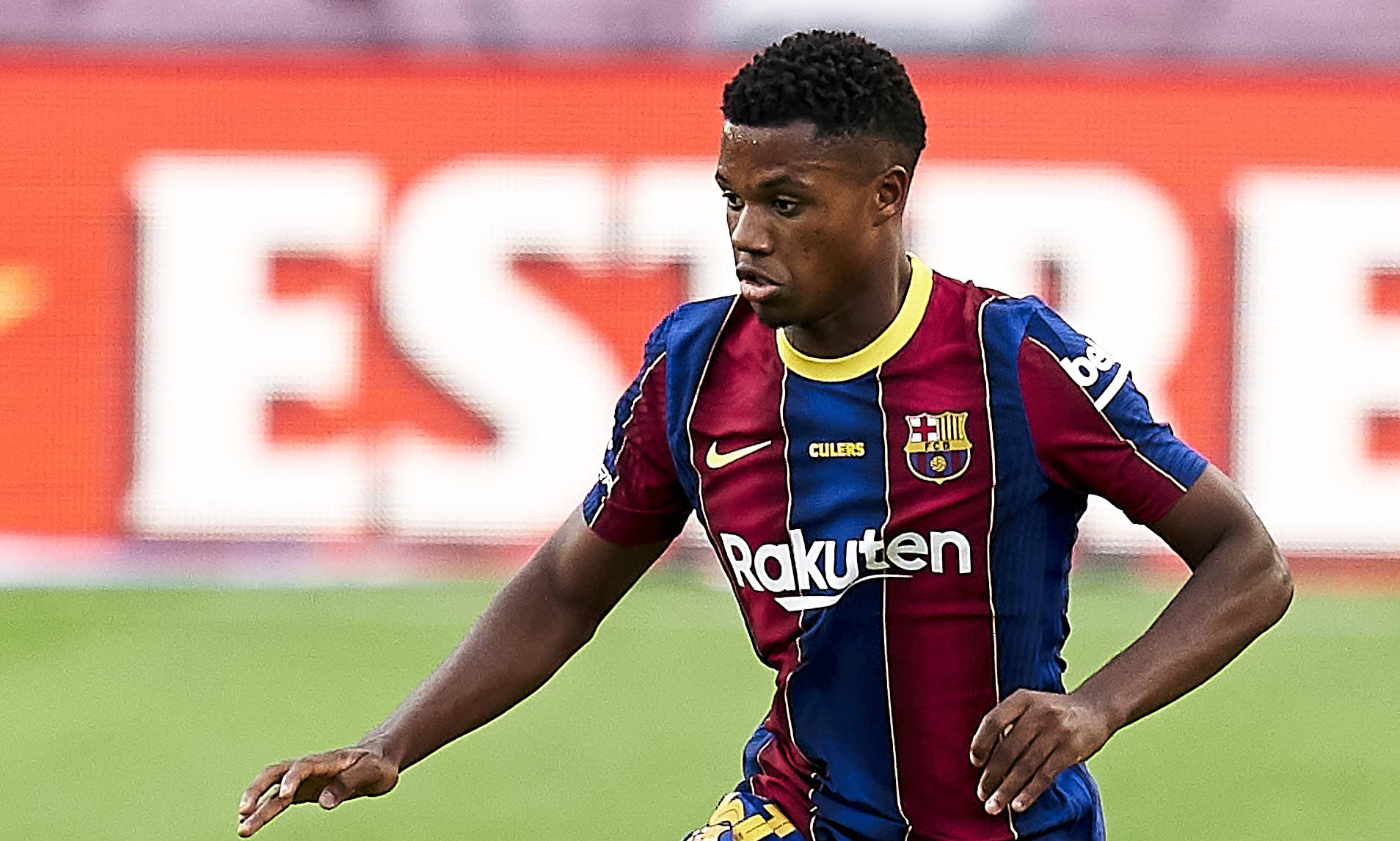Following Barcelona’s 5-1 win against Ferencvárosi on Tuesday, Salvador Sostres, a prominent journalist for Spanish newspaper ABC, compared 17-year old winger Ansu Fati’s pace to that of a “Black street vendor fleeing the police” in a case of racial profiling that largely went unnoticed until it was highlighted by Antoine Griezmann at 11pm on the 28th of October. Soon after, ABC issued a full and frank apology, hoped that it would be swept under the rug and forgotten about, marked down as a mere misunderstanding.
“My intention was to praise the beauty of Ansu’s movement and his talent as a very young player,” Sostres wrote in his apology. And perhaps that is where the problem lies. Few doubt Sostres’ claim that this was an accidental mix-up and few would argue his intent was malicious or racist, in fact, many people understood that Sostres was trying to praise the young Spanish international but took it a metaphor too far, but where are the editors and the proof-readers in all this? A tone-deaf manipulation of language from a reporter with a deadline to meet is one thing, but how did it get past the people whose responsibilities it is to avoid this kind of catastrophe? And therein lies the problem. ABC’s gaffe represents a key problem pervading Spanish society at the moment that goes beyond a few careless writers and explains why media scandals like this happen time and time again.
In 2018, Espanyol forward Sergio Garcia was accused of aiming a racial slur at Samuel Umtiti during the Catalan derby against Barcelona. Garcia, who in his apology claimed “In no way were my intentions racist,” cited his gypsy roots, his African-American brother-in-law and how he “grew up in a neighbourhood with every race in the world” when trying to explain his actions.
Early last year, Barcelona midfielder Carlos Aleña called his teammate Ousmane Dembele a “n*gro cabrón” – a Black bastard – via Instagram that Barcelona were quick to push under the rug without an apology.
In Italy, Corriere dello Sport ran a headline in the leadup to Inter Milan v Roma with the headline “Black Friday” accompanied by pictures of Romelu Lukaku and Chris Smalling. Unlike ABC, the Italian Sports paper doubled down after being criticised by Smalling, following up with a headline that read “Who are you calling racist? Lynching of a newspaper that for a century has defended liberty and equality.”
The common factor among all these cases is the ignorance shown by all those involved, and when asked for an apology they make it clear that they are sorry you are offended by it. In their eyes, the misunderstanding comes from you being overly sensitive, not them being completely tone-deaf towards members of another race. In fact, it seems the line between extended metaphor and racial slur is far less cautious than it deserves to be in these times of heightened racial tensions.
It is a far cry away from the vile racist abuse suffered by the likes of Rayo Vallecano’s Wilfried Agbonovare during the 1990s, where the Nigerian goalkeeper was received constant verbal abuse up and down the country from fans wishing death upon him for the colour of his skin and was met with ignorance from the media alike, but admitted in a post-match interview that this kind of treatment was part of the game and he just had to learn to deal with it, but both the vile racist abuse of the ‘90s and the widespread journalistic ignorance of today stem from a lack of education on what is and isn’t acceptable in the racial discourse, and such mistakes will continue being made until these journalists realise the seriousness of their mistakes.
The final sentence of this brief, detached apology tells you everything you need to know about Sostres’ view on this debacle: “I deeply lament the misunderstanding and I ask forgiveness if anyone has felt offended.” Those final five words are the key. He is not apologising for what he said: he is apologising on your behalf because you feel offended and he is sorry that you are educated enough to understand how tone-deaf this article is, while he seemingly can’t. And until those behind these insensitive articles realise that intent does not exonerate them of guilt and that they must to take responsibility for what they put out there, you are going to be blamed once again the next time this occurs.
Image Credit: Daily Mail

